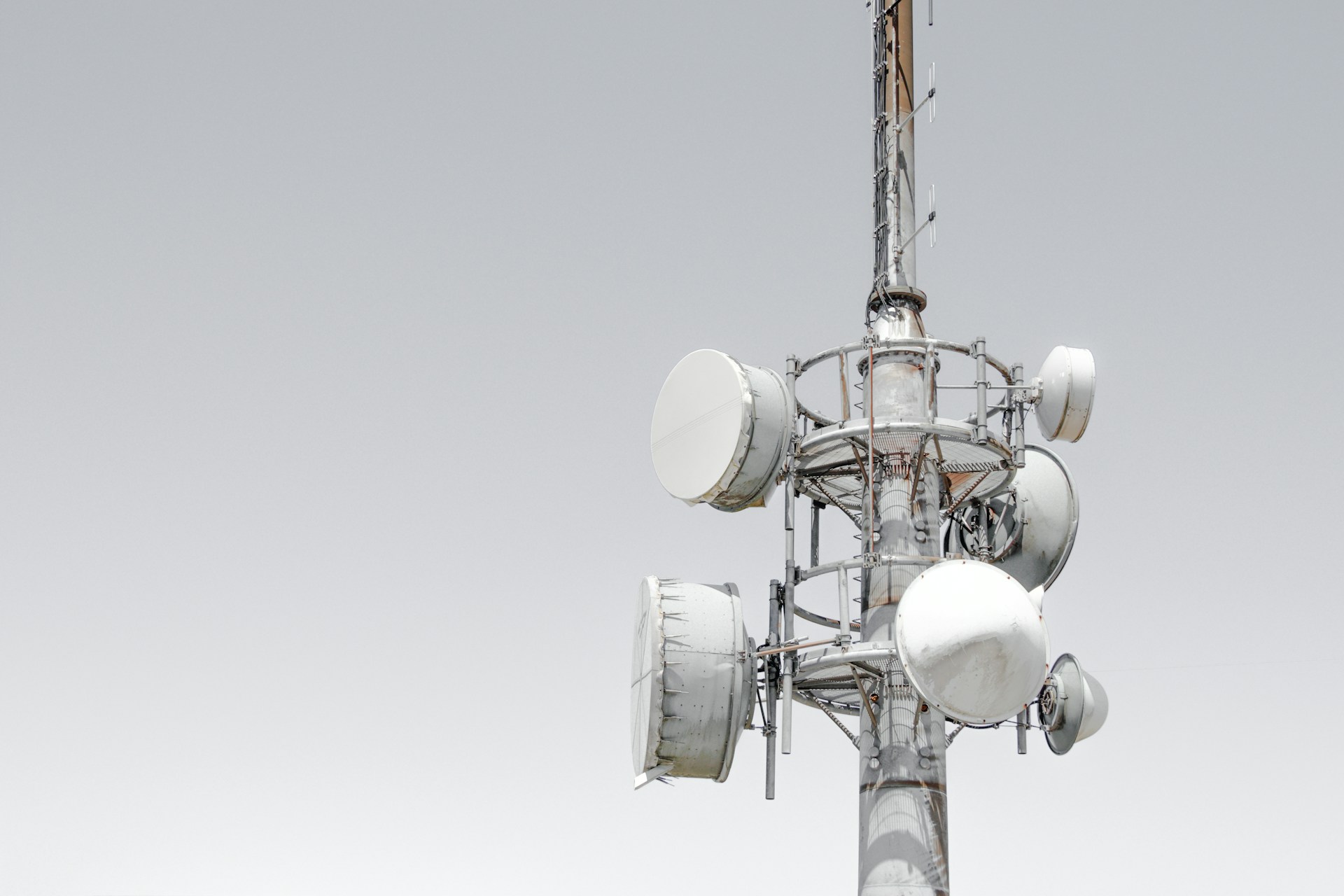Communication Strategies When You Work in a Job at Sea

As someone who works in a seafarer job, you understand only too well that when faced with the vast and often isolating expanse of the sea, staying connected with the outside world is not just a comfort but a necessity.
The unique challenges of maritime life, from long voyages to the physically demanding nature of the work, can take a toll on the mental and emotional health of you and your fellow crew members. Which is why having effective communication strategies is crucial, not only for operational efficiency and safety but also for your personal wellbeing.
How to communicate effectively when you work in a job at sea
First of all, it helps to understand the challenges you face when it comes to communication when you’re working on a ship.
Of course, the primary challenge in communication in maritime jobs is the remote nature of the environment. Traditional means of communication that are readily available on land, such as mobile networks and high-speed internet, are often unreliable or unavailable at sea - as you know.
In addition to this, the cost of satellite communication, which is the most viable option offshore, can be prohibitively high, which may lead to access being restricted or usage limits being put in place for regular crew members.
And when it comes to communicating with your fellow seafarers onboard, the diverse and multicultural nature of ship crews may also present language barriers and cultural differences, further complicating effective communication.
Of course diversity is enriching and enables you to work alongside, and even make friends with, people you may not have known under ‘normal’ circumstances, but you also need to make a conscious effort to help create an inclusive communication environment where every crew member can understand and be understood.
How can technology help communication when working on a ship?
To overcome communication challenges, the maritime industry has increasingly turned to technology. Here are some technological solutions and strategies that can help those working in seafarer jobs stay connected.
Satellite communication systems
The backbone of at-sea communication, satellite systems like Inmarsat and Iridium, offer various services, from voice calls to broadband internet. These systems enable emails, social media access, and even video calls, helping you stay in touch with your family and the world.
Internet access
Given the high cost and limited bandwidth of satellite internet, smart management is essential. Ship operators often implement systems to prioritize operational communications while still providing crew access through Wi-Fi hotspots. Having said that, your employer may have set usage limits to ensure fairness as well as to control costs.
Crew welfare systems
Many shipping companies are deciding to invest in dedicated systems designed to enhance crew welfare, offering controlled access to the internet, social media, and entertainment content. These systems can provide a much-needed escape and a way to relax during your off-hours.
Email services
For many people working in a job at sea, email remains a low-bandwidth and cost-effective way to stay in touch with loved ones. Some ships provide crew members with individual email accounts that can be accessed via onboard computers or personal devices.
Of course, these communication solutions will depend wholly upon your employer but it is worth keeping in mind that they do exist and if you feel that the ships you work on could be doing more to help you reach out to your friends and family, maybe it’s time to ask your employer if they have any plans to implement any of the above.
Effective onboard communication when working on a ship
While technology offers solutions for connecting with the outside world, effective communication onboard is equally important. Here are some ways you can personally enhance internal communication with your fellow crew, particularly if they are from a different culture or background to you.
Learning a language
Whether you want to improve your English language skills or learn another language entirely - particularly if you often work with seafarers from that country - it can really help bridge communication gaps.
Being sensitive to other cultures
Taking the time to understand and respect the cultural differences of your fellow crew can enhance team cohesion and prevent misunderstandings. Plus chatting with others and sharing knowledge about your different cultures can make working at sea nicer, friendlier and more inclusive.
Holding regular meetings
Whether you’re a Chief Officer, Bosun or the Chief Cook, holding regular crew meetings with your department provides a platform for sharing important information, discussing issues, and fostering a sense of community. It's also an opportunity for crew members who might not be so far up the maritime career ladder to voice their concerns and suggestions.
Personal strategies for staying connected when working at sea
Beyond the technological and organizational strategies that will need to come from the top down, there are also personal practices that anyone working in a seafarer job can adopt to maintain your connections. Here are some ideas.
Scheduling calls
With time differences and busy schedules, setting a regular time for calls or video chats with family and friends can help maintain relationships and provide something to look forward to.
Writing and journaling
It’s an oldie but a goodie! Sometimes, the act of writing letters, even if they are sent via email, can be therapeutic and a more personal way to communicate with loved ones.
Participating in shipboard activities
Resist the temptation to lie on your bunk with headphones on and instead engage in social and recreational activities onboard. This can help you build connections with fellow crew members, providing a community and a support network that can substitute for distant family and friends.
Taking care of your mental health
Taking care of your mental and emotional health is crucial. This can include regular exercise, meditation, reading, chatting with fellow crew, or any other activity that provides relaxation and a sense of normalcy.
Working on a ship and communicating with others: conclusion
As a person who works in a seafarer job, your vessel is both a workplace and a home. Ensuring that you communicate effectively is not only key to the safe and efficient operation of the ship but also to your personal wellbeing.
Take advantage of the technology you do have onboard to stay in touch with those on shore and adopt personal strategies to stay connected. Seafarer jobs can be challenging at times but consciously using ways to communicate can mitigate the challenges of isolation and maintain the vital links to your personal life.
As the maritime industry continues to evolve, so too will the ways in which you’ll be able to stay connected at sea, promising a future in which no matter how vast the distance between you and your loved ones, it can be bridged.
Meanwhile, if you're looking for your next job at sea, check out Martide’s online seafarer jobs board now!

Eve Church
Eve is Martide's content writer, publishing regular posts on everything from our maritime recruitment and crew planning software to life at sea. Eve has been writing professionally for more than two decades, crafting everything from SEO-focused blog posts and website landing pages to magazine articles and corporate whitepapers.
UK

is the only site for maritime jobs



